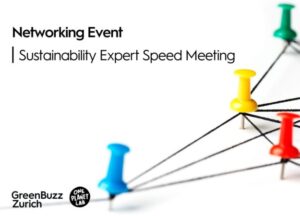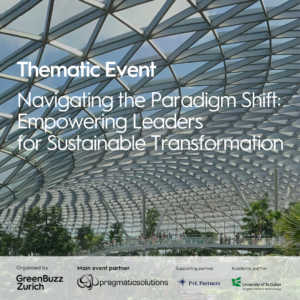A reluctant task, the input is disproportional and the benefits questionable. Still, the joyless task is repeated each year: Everyone is budgeting even though they know that their budget will be wastepaper within the first few months of the new financial year.
Jeremy Hope, Franz Röösli amongst others developed the Beyond Budgeting approach in order to stop this budget-farce. This approach wants to move away from a command & control model (with its yearly budgeting process) towards an adaptable management model with authorised employees.
As an example, this is how a company with a USD 500m turnover did it:
1. They eliminated the budget for which they spent 6 months of the year. Instead they implemented a rolling forcast;
2. The profit-center managers and CFO separated the costs into fix and variable components. Those variable components were equivalent to about USD 40m or 8% of all costs. The fix costs like salaries and rent were financed by the CFO as before
3. Since approved expenses are always spent the CFO assigned the funds to cover variable costs to a central pool. Smaller amounts were paid out without approval in compliance with approved criteria, bigger amounts were given out continuously by the porfit-center manager on the basis of best cost-benefit ratio.
If you are responsible for bigger projects we suggest the following:
Instead of planing and budgeting those projects from A to Z you only finance one or more iterations/releases at a time following Scrum or Build-Measure-Learn. Depending on progress you can continue financing, reduce or stop a project.
General Electric (GE) for instance is taking it one step further by having the different profit-centers finance further iterations of the most promising projects in a competition. Thanks to Lean Startup techniques GE wants to bring products to the market at half the cost and half the time. GE has to date already trained 40,000 employees in Lean Startup techniques. Some of those examples are so impressive that we include them in our training.
If you are interested in more information on the subject, please contact our expert Fredi Schmidli.


